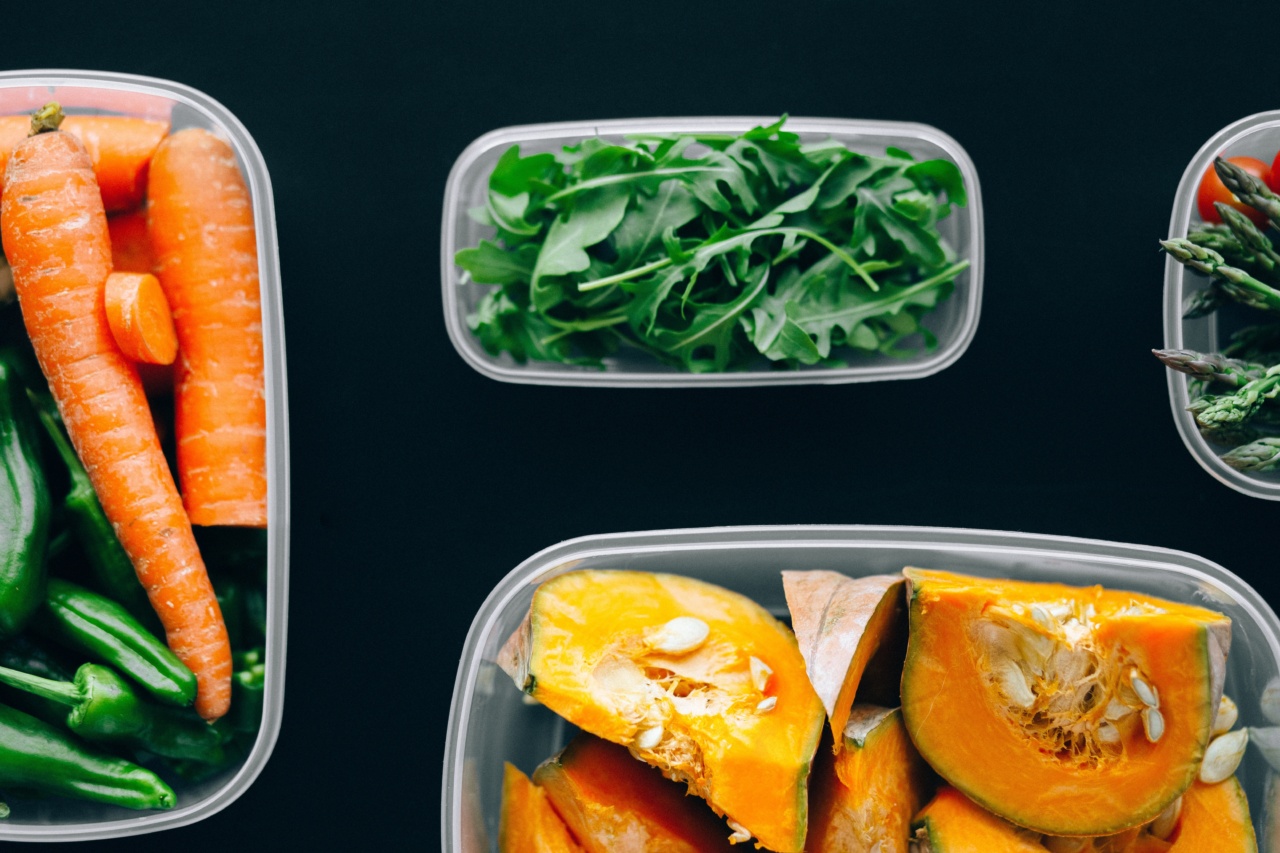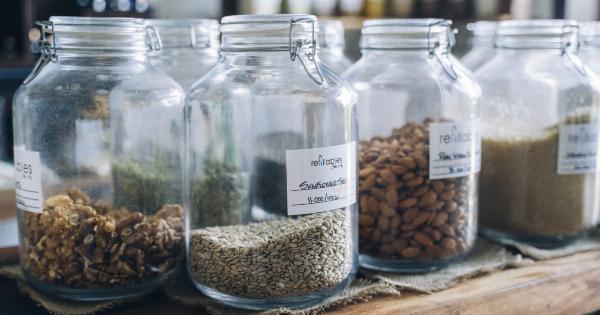When it comes to choosing between canned foods and fresh foods, opinions often clash. Some swear by the convenience and longevity of canned foods, while others argue that fresh foods are the healthier and tastier option.
In this crash test, we’ll analyze different aspects of canned and fresh foods to determine which one comes out on top.
1. Nutritional Value
One of the main concerns when it comes to comparing canned and fresh foods is the nutritional value. Canned foods are often criticized for being overly processed and containing added preservatives and high levels of sodium.
On the other hand, fresh foods are said to be more nutrient-dense and packed with essential vitamins and minerals.
2. Convenience and Longevity
One of the major advantages of canned foods is their convenience and longer shelf life.
Canned foods can be stored for extended periods without the worry of spoilage, making them ideal for emergencies and situations where fresh produce may not be readily available. Fresh foods, on the other hand, require proper storage and have a shorter shelf life, making them less practical for some situations.
3. Taste and Flavor
Taste is a subjective matter, but many argue that fresh foods offer superior flavor compared to canned foods. Fresh fruits and vegetables often have a crisp texture and vibrant taste that can be lost during the canning process.
Canned foods, however, can still be flavorful and offer a convenient way to enjoy certain dishes year-round.
4. Environmental Impact
When it comes to the environment, the debate between canned and fresh foods becomes more complex. Canned foods require a significant amount of energy for processing and packaging, contributing to carbon emissions.
Fresh foods, on the other hand, may have a higher water footprint and require transportation, resulting in their own carbon footprint. Assessing the overall environmental impact requires considering various factors such as packaging materials, transportation distance, and waste management.
5. Cost
In terms of cost, canned foods often have the upper hand. They tend to be cheaper than fresh foods, especially when considering seasonal produce or out-of-season items.
Canned foods also offer better value for money as they have a longer shelf life and can be bought in bulk. However, it’s important to note that fresh foods might provide more value in terms of their nutritional content.
6. Accessibility and Availability
Accessibility and availability are crucial factors when it comes to choosing between canned and fresh foods. Canned foods are widely available in grocery stores, making them easily accessible to consumers.
They are also available throughout the year, regardless of seasonal limitations. Fresh foods, on the other hand, may vary in availability depending on the region, climate, and time of year.
7. Convenience vs Culinary Satisfaction
While canned foods offer convenience, fresh foods often provide a more satisfying culinary experience. Nothing quite compares to the taste and texture of freshly picked produce or the richness of homemade meals prepared with fresh ingredients.
Canned foods may be convenient, but they often fall short in terms of flavor and personal satisfaction.
8. Food Safety
Food safety is a crucial aspect that cannot be overlooked when discussing canned and fresh foods. Fresh foods, especially raw produce, have a higher risk of contamination from bacteria, pesticides, and other harmful substances.
Canned foods, on the other hand, are generally considered safe and free from such risks, thanks to the sterilization process involved in canning.
9. Meal Versatility
Canned foods offer a wide range of meal versatility due to their long shelf life and preservation techniques. They can be effortlessly incorporated into various recipes and dishes, allowing for quick and easy meal preparations.
Fresh foods, while requiring more attention to expiration dates, provide the flexibility to experiment with flavors, textures, and seasonal ingredients to create unique and wholesome dishes.
10. Summary: The Verdict
After considering various aspects, it’s clear that both canned and fresh foods have their pros and cons. Canned foods offer convenience, longer shelf life, and often come at a lower cost.
On the other hand, fresh foods are considered to be more nutritious, flavorful, and environmentally friendly. Ultimately, the choice between canned and fresh foods depends on individual preferences, availability, and the specific needs of each consumer.





























